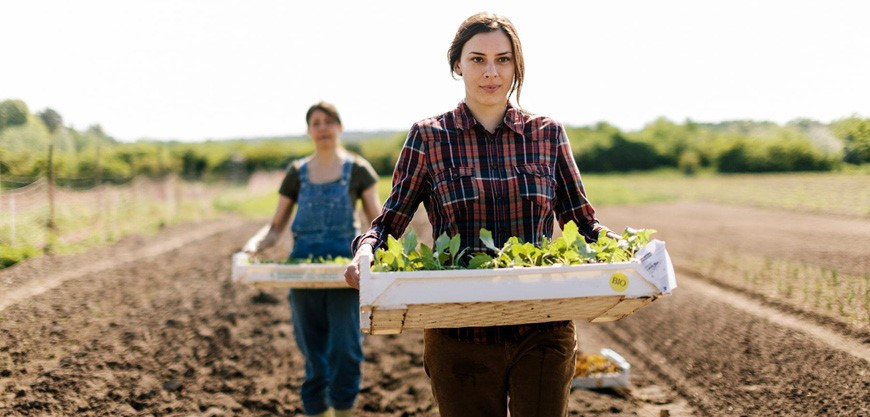
Dec 12, 2023
AARINENA association, represented by its Executive Secretary, Dr. Reda Shibli, participated in the E-Conference on Transformation of Higher Education in Agriculture, organized in the context of the Collective Action (CA) facilitated by the Global Forum on Agricultural Research and Innovation (GFAR) on Transformative Learning of Agricultural Higher Education Institutions (HEIs) that was launched this year.
The Collective Action aims to distill from concrete cases of successful higher education transformation a revised model of “agricultural universities without walls” based on experiential learning, ethical leadership, and participatory curricula development. This model of teaching and learning will be based on a selected number of pilot initiatives worldwide that have pioneered the concept and practice. It aims to inspire, guide and equip the students with the knowledge, skills and attitudes to grow into qualified graduates with the professional, entrepreneurial, ethical and social capacities needed for engaging in the collaborative management of innovation with farmers, rural communities and other stakeholders.
The team, coordinated by APAARI (Asia-Pacific Association of Agricultural Research Institutions), in collaboration with FAO’s Partnership and UN Collaboration Division (PSU) and EFARD (European Forum on Agricultural Research for Development) in alliance with CZU (Prague University) is composed of a consortium of university networks (Global Confederation of Higher Education Associations for Agricultural and Life Sciences (GCHERA), Regional Universities Forum for Capacity Building in Agriculture (RUFORUM), Advisory Services (GFRAS) and existing initiatives/networks managed by FAO, such as the AGRIS Network and Reserach4Life. Additionally, members of different stakeholders and categories of actors working within agricultural innovation systems (AIS), commonly referred to as the AKIS (Agricultural Knowledge and Information System) triangle composed of Education, Research and Extension organizations will be involved. This includes national higher education institutions and associations.
Objective: the project will contribute to agri-food research and innovation systems transformation towards the co-generation, with small-scale producers, of context-specific, sustainable, accessible, and easily adoptable solutions for achieving the SDGs.
Outputs: a model of pioneer education transformation will be developed, showing how to integrate new principles, forms of teaching, and learning approaches into existing curricula and develop training courses embedded in pilot universities, which will constitute the basis for a subsequent initiative that will train several professionals to better support smallholder producers.
Outcomes: selected regional agricultural research and innovation organizations will be strengthened – through the implementation of the project in a subsequent phase – in their capacity to lead and facilitate participatory research and innovation processes.
It is expected that the Collective Action will be embedded in the existing mandate of the university networks, the regional and global fora involved, which embrace the initiative and demonstrate ownership.